Contents
Guide
Pay Up
The Future of Women and Work (and Why Its Different Than You Think)
Reshma Saujani
Bestselling author of Brave, Not Perfect

An Imprint of Simon & Schuster, Inc.
1230 Avenue of the Americas
New York, NY 10020
www.SimonandSchuster.com
Copyright 2022 by Reshma Saujani
All rights reserved, including the right to reproduce this book or portions thereof in any form whatsoever. For information, address Atria Books Subsidiary Rights Department, 1230 Avenue of the Americas, New York, NY 10020.
First One Signal Publishers/Atria Books hardcover edition March 2022
 and colophon are trademarks of Simon & Schuster, Inc.
and colophon are trademarks of Simon & Schuster, Inc.
For information about special discounts for bulk purchases, please contact Simon & Schuster Special Sales at 1-866-506-1949 or .
The Simon & Schuster Speakers Bureau can bring authors to your live event. For more information or to book an event, contact the Simon & Schuster Speakers Bureau at 1-866-248-3049 or visit our website at www.simonspeakers.com.
Interior design by Dana Sloan
Jacket design by Emily Mahon
Author photo Elena Seibert
Library of Congress Control Number: 2022930534
ISBN 978-1-9821-9157-3
ISBN 978-1-9821-9159-7 (ebook)
For the next generation of women, so the workplace of the future finally works for them
PROLOGUE The Big Lie
I did everything right.
Like many women in America, Id always wanted a big career. And kids. And a rich family life that would look and feel joyful and fulfilling. As the daughter of immigrant parents who believed wholeheartedly in the promise of the American Dream, I wanted it all and believed without a shred of doubt that I could have it.
To get there, I hit all the prescribed stepping-stones. In school I studied hard to get straight As and become number one on the debate team so I could get into a top college. Once in college, I worked even harder to be valedictorian so I could get into a top law school and land a job at a prestigious law firm, even though I secretly dreamed of being in public service. The plan worked, and I was on my way.
I hated my job, but I never let that show. I figured if I just worked harder, I would get to the next level and Id be happy. I then moved on to a high-paying job at a renowned financial firm. I hated that, toothe hours were soul-sucking. But still, every day I put on another version of a tastefully tailored Theory suit, squeezed my feet into killer stilettos, and click-clacked my way through the marble lobby and up to my office on the forty-second floor because I was on the right track to scale the highest mountains in corporate America.
I took cues from my older male colleagues, the ones whose successes I envied. They had stay-at-home wives who kept their families discreetly (and effortlessly) tucked away, so I did the same. Even though I didnt have kids yet, I desperately wanted to and was obsessed with my niece Maya as if she were my own. At home I plastered my apartment with pictures of my niece but kept only one discreetly pinned up behind my desk at work. My thinking at the time was right in line with the feminist rhetoric that promised if I achieved equality at work, Id then be on equal footing with the successful men I admired. Of course, the feminist promise overlooked one glaring problem: There would be no stay-at-home partner keeping my family life humming along smoothly and quietly in the background.
By the time I hit my early thirties, I was so sick and miserable that I knew I needed to make a change. To make a long story short, I woke up one day and realized Id abandoned my dream of making a real difference in the world. This epiphany was startling, empowering, and terrifying all at the same time.
I eventually quit and became the first Indian American woman to run for Congress in New York City. I was thrilled when CNBC touted my race as one of the hottest in the country and I scored endorsements from the New York Observer and the New York Daily News. This was it! This was the next right moveI was supposed to adhere to the well-touted career advice of FOLLOWING MY DREAM!
I lost spectacularly, which hurt like hell. After hiding out for a short while to nurse my wounds, I picked myself back up and started to contemplate what was next for me. My thoughts turned to all the classrooms around the city Id visited while campaigning, where Id noticed that the coding and robotics labs were notably devoid of girls. It was no wonder that only eighteen percent of the fast-growing, high-paying tech sector jobs were filled by women! I realized that creating gender parity in technology by reaching girls at an early age was how I could still be of service in the big way I dreamed. Start-up entrepreneur: THAT was my next calling on the way to having it all! In 2012, I founded Girls Who Code, to close the gender gap in the technology workforce.
Launching a start-up is a 24/7 endeavor. I was used to working insane hours in law and finance, so for me, taking a nonprofit job was not about scaling back or finding balance. It was the exact opposite, and I was thrilled by the challenge. In the early years, I never worked harder or loved a job more. Being the founder and CEO of Girls Who Code gave me, for the first time, the opportunity to preach what Id been taught was the feminist credo: Equality means equality in the workplace. Better access to jobs would naturally lead to bigger professional opportunities and better lives for our generation of women and generations of women to come.
For a while, it was a perfect fit. I became a relentless cheerleader for getting more women into the tech workforce. Despite the fact that I wasnt a coder and had no experience in the field, or in nonprofit management, I canvassed all the smart people I could get an interview with in the tech sector, in womens education, and in workforce development in order to come up with a six-part plan:
- Help women get the coding skills they need to land a job in the lucrative tech field.
- Once they get hired, help them storm the C-suites.
- Women in tech experiencing a high turnover? Well keep them motivated by mentoring girls.
- More womens leadership programs, too. My smart, savvy, talented young women from Girls Who Code wouldnt stop until upper management is largely female. They wouldnt stop till every Mark Zuckerberg was a woman.
- Keep pushing until at least half the venture capital (VC) money in Silicon Valley is going to women-led companies.
- Yeah, yeah, yeah! Women hold up half the sky. But were not going to stop until they also take up half the seats in every corporate boardroom in America!
Everywhere I went, I shouted out this exhilarating message. Infiltrate the boardroom, take it all over!! My voice was one of several pushing this rhetoric all over Silicon Valley and beyond. I was invited to give lectures, panels, and keynotes at prestigious tech conferences around the country. I was invited to give a commencement address at the Harvard Graduate School of Education. I spoke at South by Southwest. Richard Branson invited me to speak on his private island. Most of the time, I got rousing applausesometimes even standing ovations. After every speech, my inbox was filled with notes from well-wishers (male and female) and young women who were signing on to this plan for their future. Girls Who Code grew rapidly. The takeover was in sight.


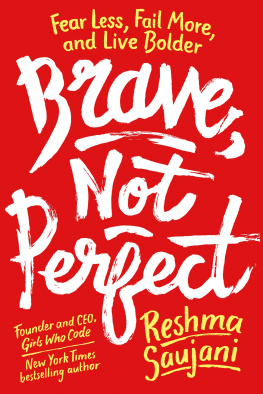


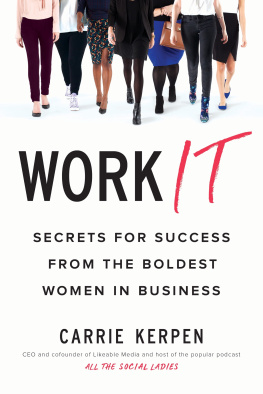
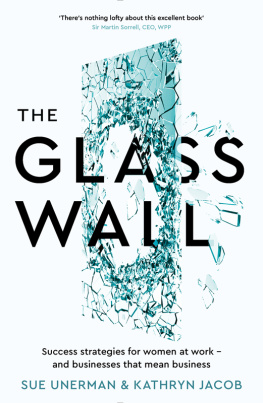
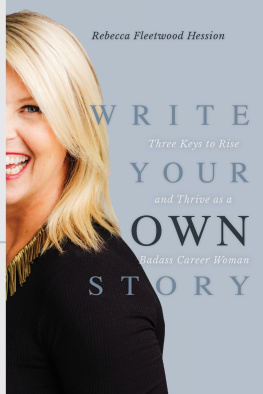


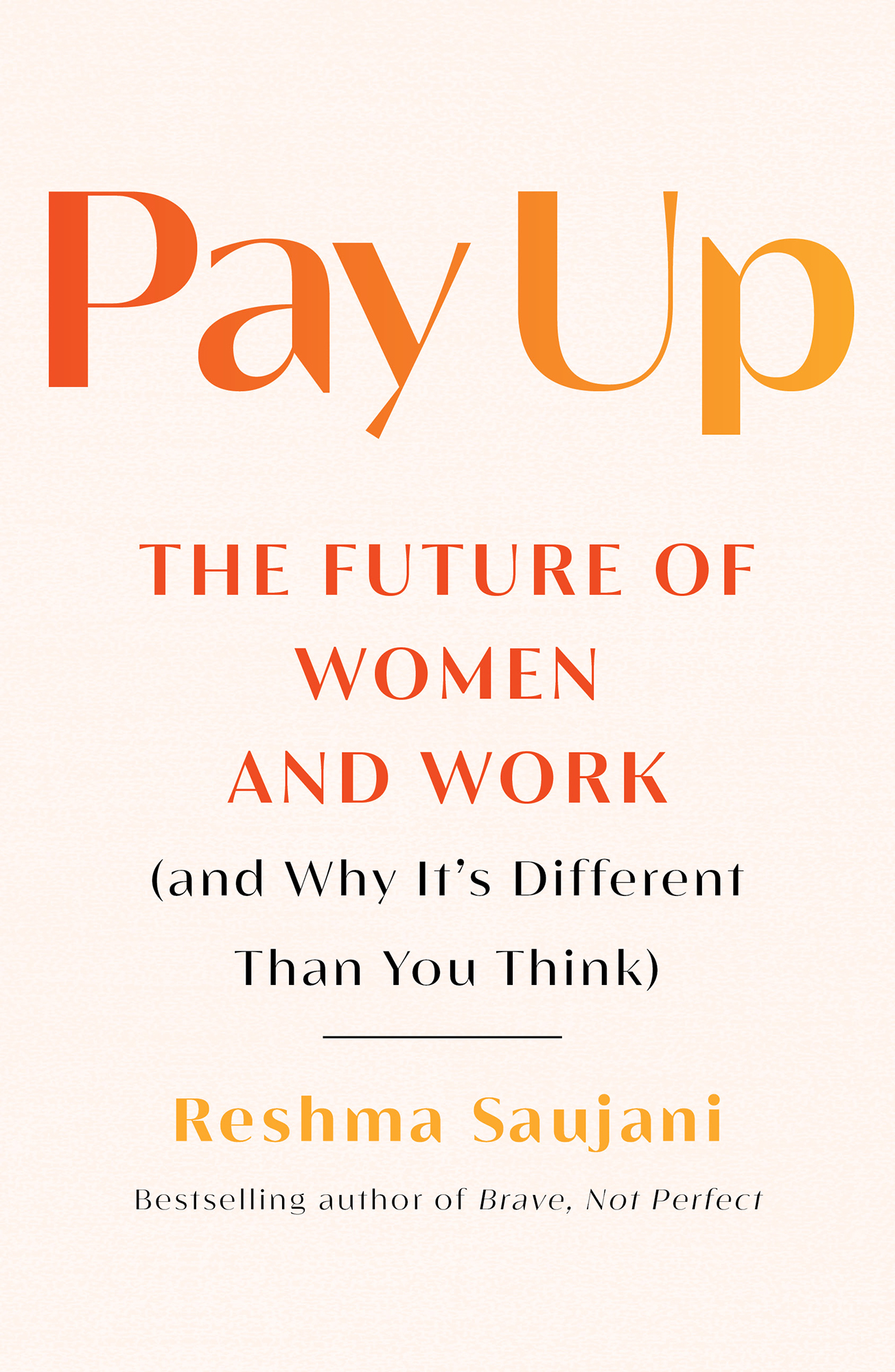


 and colophon are trademarks of Simon & Schuster, Inc.
and colophon are trademarks of Simon & Schuster, Inc.